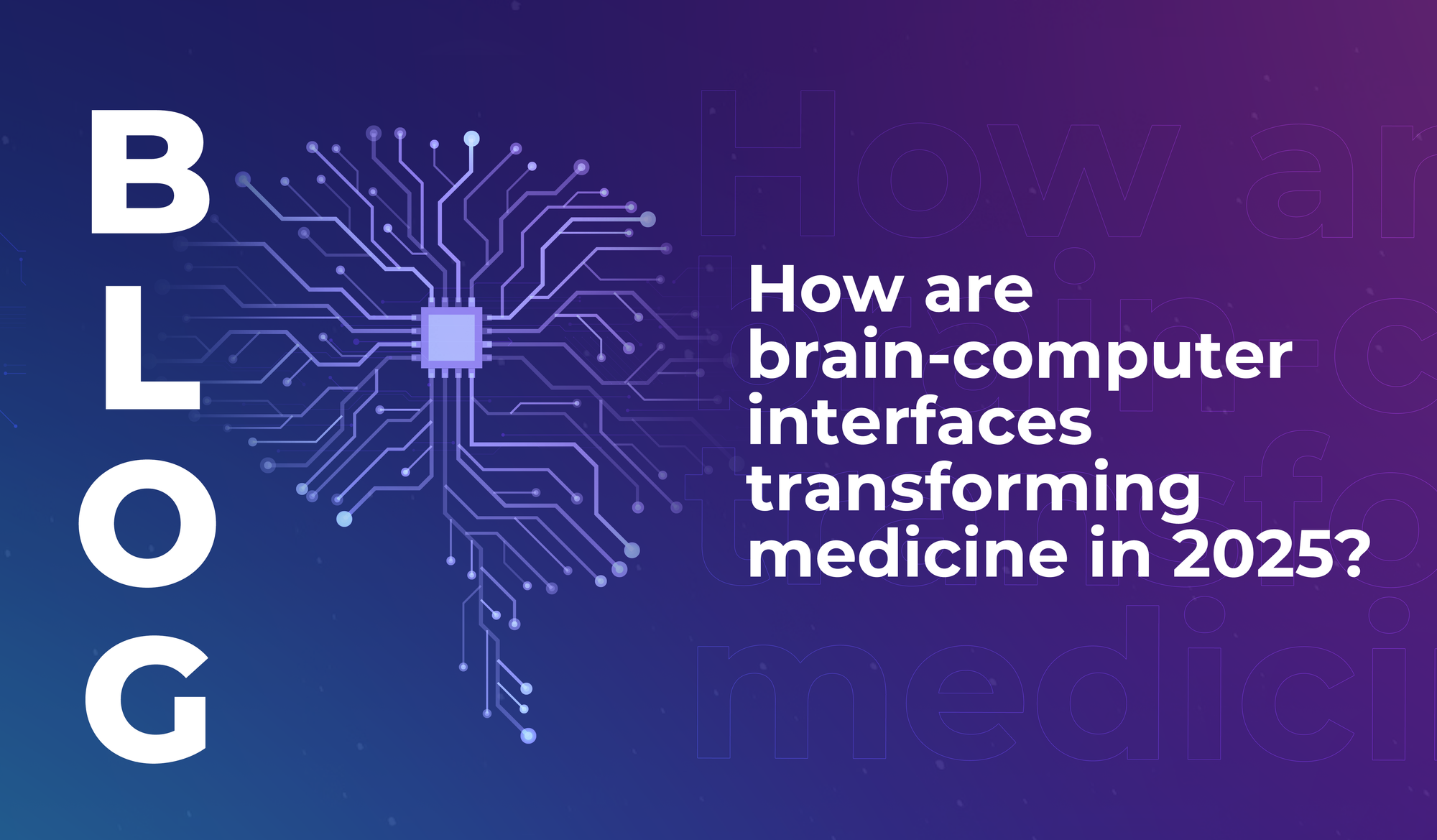
How smart cities are reshaping urban life in 2025
Discover the key drivers of positive smart city development, including collaboration, data literacy, and a sharp focus on sustainability.

They’re the unsung heroes in daily life around the world – and today, we want to celebrate semiconductors. Because they deserve a little bit of attention.
In simple terms, a semiconductor is a substance with particular electrical properties, through which it acts as a foundational technology for almost every type of electronic device, including computers. Semiconductors conduct electricity only under certain, specific conditions – and not under any other conditions.
They’re the tiny chips that make our electronic devices work. And without them, the modern world as we know it would come to a standstill.
From healthcare to clean energy; fintech to transportation; communications to AI; semiconductors are there enabling every technological development we make. They play a central role in so many aspects of our lives that at this point, it’s impossible to extricate our day-to-day tasks and social systems from semiconductors.
And yet, most people don’t know about them, or rarely think about them.
They’re divided into two types:
With more than 73,000 employees, and over USD $75 billion revenue in 2022, Taiwan Semiconductor Manufacturing company (TSMC) holds a 60% market share.
Increasingly, other countries are competing to control the semiconductor market – but supported by Taiwan’s government, TSMC is holding firm.
Research by McKinsey estimates that the global semiconductor industry will reach $1 trillion by 2030, as the world’s data needs continue to increase. And both the EU and the US have implemented policies to boost production:
China, which accounted for about 9% of the global semiconductor market in 2020 (up from 3.8% just five years earlier), is also working to stay competitive in this fast-growing industry. The country’s government has implemented financial incentives (including tax breaks and low-interest loans) to boost investment into semiconductor research and development, as well as manufacturing. And China has established national semiconductor research institutes and innovation hubs – driving collaboration and technological development.
Major semiconductor manufacturers in China include SMIC, Yangtze Memory Technologies, and HiSilicon. They’re all expanding their production capacities alongside increased technological innovation – with aims to create semiconductor chips that can compete in a global market.
To highlight how crucial this technology is, we can consider the impact if semiconductors weren’t functioning:
In short, the impact would be catastrophic. Semiconductors are tiny chips that make the modern world go round – and that makes this a critical industry.

Discover the key drivers of positive smart city development, including collaboration, data literacy, and a sharp focus on sustainability.

Some of the most experienced tech investors in the world share their insights and advice to help new investors on their path to success.

Discover how brain-computer interfaces (BCIs) are creating new possibilities in healthcare and medicine.

Discover the key drivers of positive smart city development, including collaboration, data literacy, and a sharp focus on sustainability.

Some of the most experienced tech investors in the world share their insights and advice to help new investors on their path to success.

Discover how brain-computer interfaces (BCIs) are creating new possibilities in healthcare and medicine.